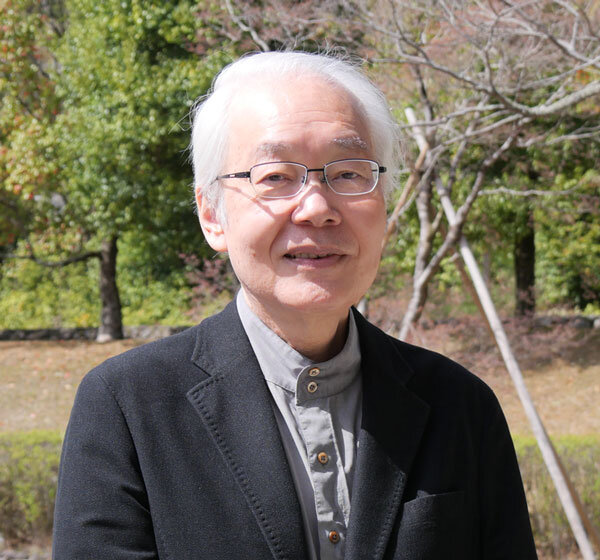General Information
Greetings from the Director

The International Research Center for Japanese Studies (Nichibunken) was founded in 1987. Devoted to interdisciplinary and comprehensive research on Japanese culture from an international perspective, it is an inter-university research institute supported by government funds.
Until now, the study of Japanese culture has for the most part been pursued within Japan, and has largely been led by scholars born and bred in Japan. In this sense, we might regard Japan as the home of research on Japanese culture. This is not to say that there are no scholars of Japan active overseas. On the contrary, overseas scholars have contributed a not insignificant volume of research. The study of Japan overseas has frequently served, moreover, as a stimulus to research here in Japan. It has at times served to reposition research, which has a tendency to become insular and introverted.
This is precisely why we aim for the internationalization of research. The diverse forms of research conducted overseas have the latent potential to invigorate research in this country. We have always sought to expand opportunities for international exchange with this expectation in mind.
Every year, we at Nichibunken invite ten or more scholars from overseas to join us. The team research projects we undertake at Nichibunken, too, have a quota for overseas participants. We also have numerous opportunities to host international research symposiums here, and our faculty have regularly travelled abroad to participate in meetings on Japanese cultural studies. We work with foreign research institutes to organize venues for joint discussion.
At Nichibunken, we refer to these endeavors as "research support activities." But it is not that we are simply supporting the endeavors of overseas scholars. Rather, we believe that such activities have the potential to enrich the research on Japanese culture being pursued within Japan. This is precisely why we have devoted ourselves to the creation of a place for international research. I myself have benefitted greatly from participation in such opportunities.
This is likely also due to the fact that our aspirations have been favorably embraced by others. The numbers of departments at Japan's universities that tout the cause of international Japanese studies has been on the rise recently. We have been making efforts to partner with these organizations. Our plan for the future is to engage with the study of Japanese culture overseas through this network as a whole.
INOUE Shōichi, Director-General

